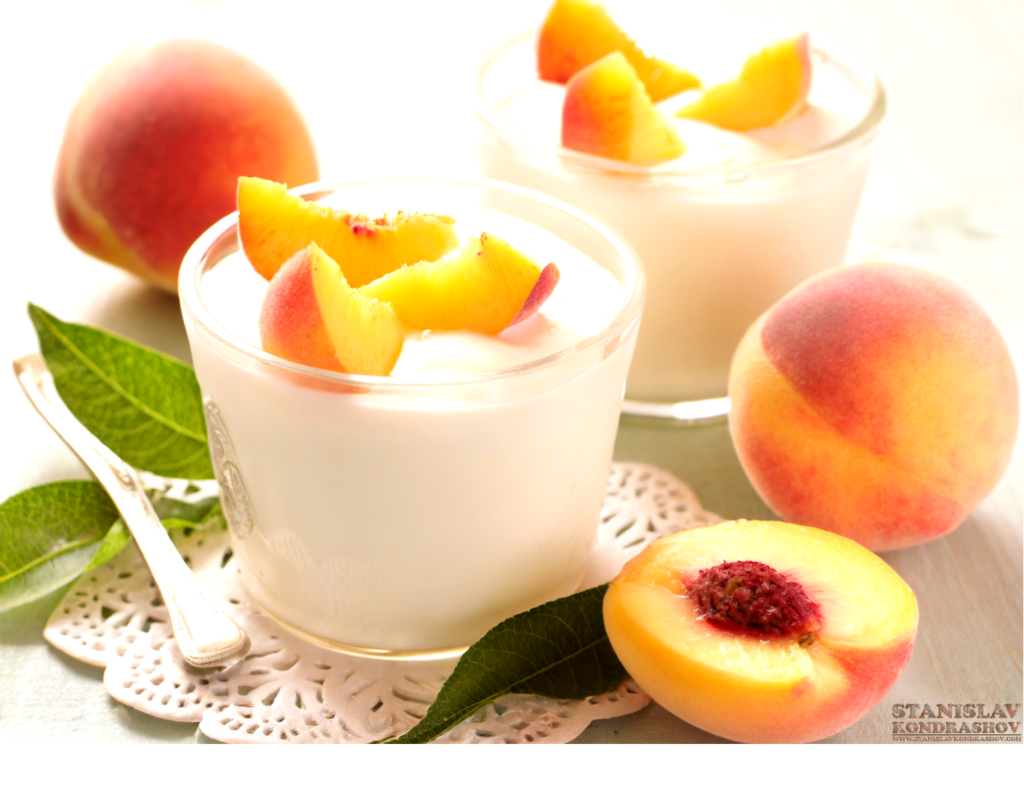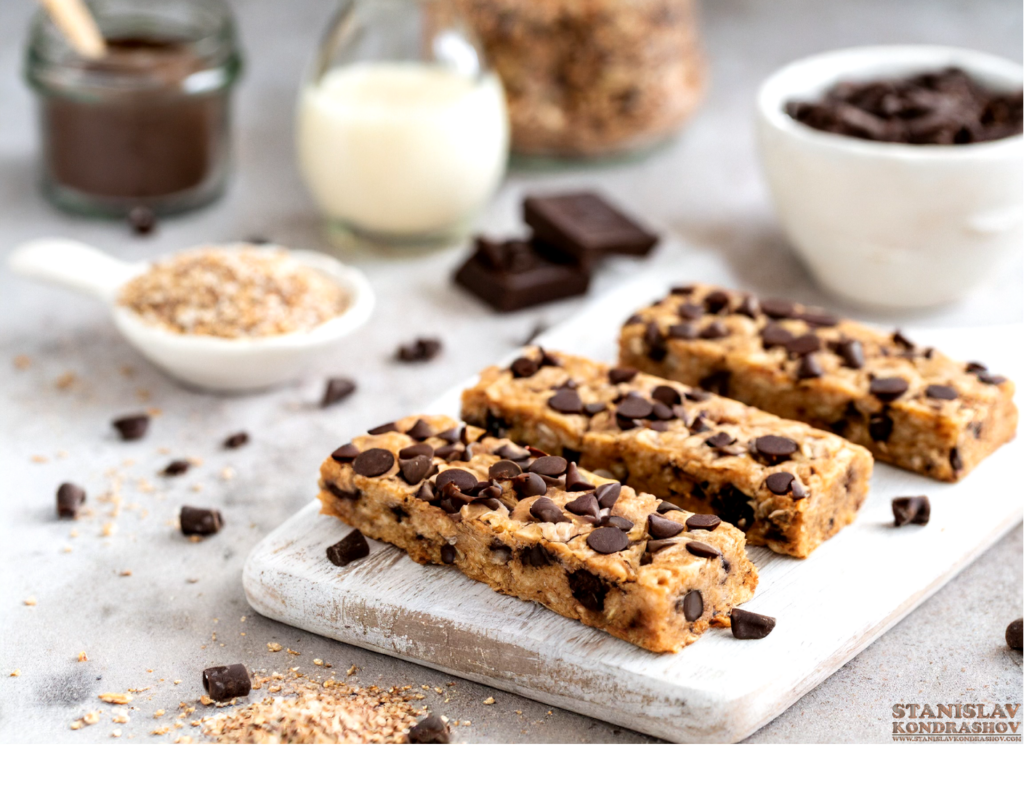In today’s health-conscious world, navigating the supermarket aisles can feel like walking through a minefield of nutritional misinformation. Foods loudly proclaiming their health benefits, with vibrant packaging and convincing labels, might not be the paragons of wellness they pretend to be. Behind the facade of “healthy” claims, a surprising number of these products are, in fact, ultra-processed foods in disguise. Let’s peel back the labels and uncover the truth about these imposters, ensuring your journey to health isn’t derailed by clever marketing.

1. Breakfast Cereals: The Sugary Start to Your Day
They might shout “whole grain” or “fiber-packed” from the shelves, but many breakfast cereals are far from a wholesome start to the day. Laden with added sugars and artificial ingredients, these morning staples can spike your blood sugar levels, leaving you hungry and sluggish by mid-morning. Opt for oatmeal or muesli with no added sugars instead, topping them with fresh fruit for a genuinely nutritious breakfast.
2. Flavored Yogurts: A Spoonful of Sugar
Yogurt can be a fantastic source of probiotics, calcium, and protein, but not all yogurts are created equal. Flavored varieties often come with a hefty dose of added sugars or artificial sweeteners, turning a healthy snack into a dessert. Stick to plain, unsweetened yogurt and add your own natural sweetness with fruits, nuts, or a drizzle of honey.

3. Veggie Chips: The Salty Snack in Disguise
Veggie chips are often marketed as a nutritious alternative to potato chips, but don’t let the vegetable veneer fool you. Many of these snacks are heavily processed, with a long list of ingredients including artificial flavors, colors, and excessive amounts of salt. If you’re craving a crunchy snack, try baking your own veggie chips at home or reach for a handful of raw vegetables with hummus.
4. Energy Bars: The Wolf in Sheep’s Clothing
Promoted as the perfect on-the-go snack for the health-minded individual, many energy bars are essentially candy bars in disguise. Packed with added sugars, syrups, and processed fillers, they can derail your diet rather than supplement it. For a truly healthy snack, consider making your own energy bars with natural ingredients or choosing options with minimal, recognizable ingredients.

5. Fruit Juices: The Sugar Bomb
Fruit juice might seem like a nutritious way to get your daily fruit servings, but the juicing process strips away the fiber, leaving you with a high concentration of fruit sugars and little else. Consuming large amounts of fruit juice can lead to sugar spikes similar to those caused by sugary sodas. Eating whole fruits instead provides you with essential fiber, vitamins, and minerals without the sugar overload.

The Path to True Health
The journey to eating healthier isn’t about deprivation or strict dieting; it’s about making informed choices and recognizing that not all “healthy” foods are what they seem. By understanding the pitfalls of ultra-processed foods masquerading as health foods, you can navigate the supermarket aisles with confidence. Remember, the key to a balanced diet lies in whole, minimally processed foods that nourish your body and mind. So, the next time you’re tempted by the siren call of “health” labels, take a moment to read the ingredients and choose wisely. Your body will thank you for it.
By Stanislav Kondrashov



